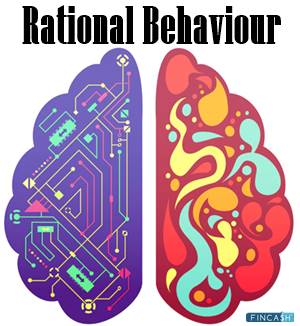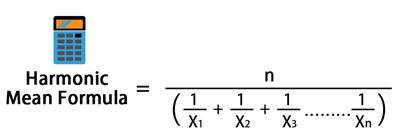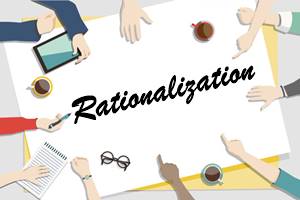Rational Behaviour Meaning
Rational Behaviour is the foundation of Rational Choice Theory, an economic theory that claims that people always make decisions that maximise their value. Considering the choices accessible, these decisions offer people the most benefit or satisfaction.

Since the gratification experienced could be non-monetary, rational behaviour may not include getting the highest materialistic reward. Most mainstream economic theories are developed and applied with the assumption that all persons involved in an action/activity are acting rationally.
A decision-making approach centred on choosing decisions that result in the highest amount of benefit or utility for the individual. To put it simply, behaviour is said to be rational when the action results in the best benefit to the person who made a choice.
Rational Behaviour Economics
In Economics, rational behaviour implies that you would select the thing you enjoy most when given an option. This is considerably different from how most people think about rationality. Typically, rationality is associated with being sensible or reasonable. Economists believe that as long as you do what you want, given your circumstances, you are acting rationally. That means that even the most bizarre behaviour might be reasonable for economists. For example, burning money makes you happy then according to economists, this is rational behaviour.
Examples of Rational Behaviour
For instance, if an individual picks a job with their preferred profile over a high-paying job, this decision is rational behaviour. Another example is if an individual believes that the utility received from retiring early outweighs the value acquired from continuing at the firm and collecting a paycheque; this action is rational behaviour. It should be highlighted that choosing an option that provides non-monetary benefits will result in the most satisfaction for this individual is an example of rational behaviour.
Talk to our investment specialist
Rational and Irrational Behaviour
Human behaviour can be classified based on responding or reacting in various contexts. Here are the two types of common behaviour:
Rational Behaviour
It is described as an individual's process of making decisions that result in utility and benefit. It illustrates that a person would rather pick the better options than the worst options. The behaviour is reasonable and rational. For example - societal norms
Irrational Behaviour
This is a type of behaviour that is difficult to manage. Irrational people do not listen to logic, reason, or common sense and are focused on completing a certain desire. The conduct has a negative connotation and is seen as undesirable. For example - A negative self-image
Examples of Irrational Behaviour
Toxic habits like gambling, smoking, drinking or even being in a toxic relationship are examples of irrational behaviour. Despite the fact that it is harmful to health, be it physical or mental, it is irresistible to stay away from it. Their behaviour is identical to that of addicts: they need the next dosage, they can't imagine not getting the next dose, and they'll do everything to get it.
Limitations of Rational Behaviour
The concept of rational behaviour has been meticulously debated in economics, with behavioural economists noting that individuals cannot exhibit fully rational behaviour due to a number of real-world constraints. The following are some challenges:
- Individuals' emotional moods can influence the decisions they make at the moment
- Poor ability to precisely analyse the costs and rewards of a decision by individuals can influence the decision
- Individuals can make poor judgment due to social norms
- Individuals do not always behave in their own best interests
- Decisions can be impeded if there is a strong tendency to maintain the status quo
- Individuals may lack self-control and desire quick gratification
- Individuals want to satisfy rather than optimise choice results
The Bottom Line
Rational behaviour theory is used to model human decision making, particularly in the context of microeconomics. It assists economists in better understanding a society's behaviour in terms of individual acts as explained by rationality, in which choices are consistent because they are made based on personal preference. This theory is rapidly being applied to various fields, such as political science, military and evolutionary theory.
All efforts have been made to ensure the information provided here is accurate. However, no guarantees are made regarding correctness of data. Please verify with scheme information document before making any investment.












